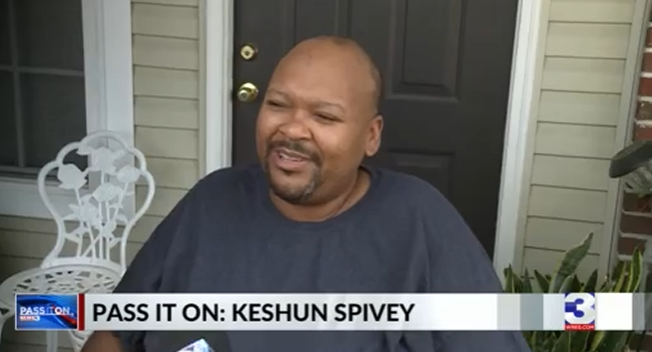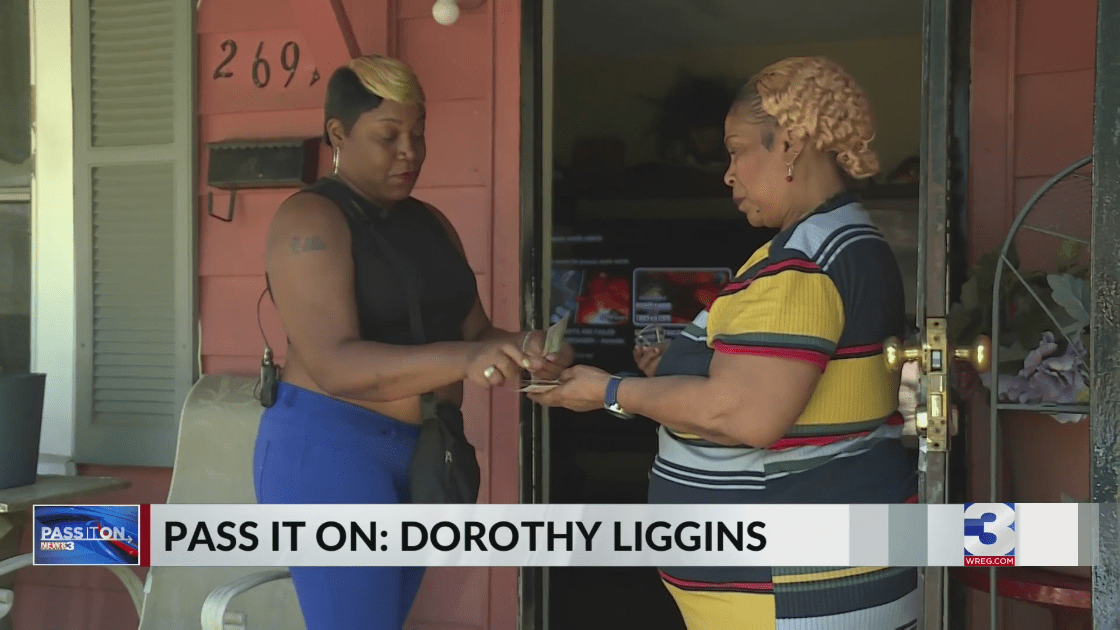MEMPHIS, Tenn. — An undocumented father’s arrest was caught on camera after Immigration and Customs Enforcement agents came to his home.
The family is now claiming that their Fourth Amendment rights, which protect individuals from unreasonable searches and seizures, were violated.
WREG is digging deeper and took the case directly to an immigration attorney, who said this situation raises questions.
Patted down and taken away.
Edgar Perez said all he could do was watch as his father, Jerardo Granados, was arrested on Tuesday morning by ICE agents.
“It just has me so distraught because I not only seen my father get taken away, I saw them ask my 17-year-old brother to translate and tell his own father he is going to get deported,” Perez said.
Perez told WREG that his father has been in the United States for 23 years after leaving Mexico.
While he understands why people would argue that, since his father was undocumented, he should be deported, Perez said that his father had done nothing wrong.
“I understand that, but the whole point of these deportations happening is because of the rise of crime,” Perez said. ‘Somebody who has never committed a crime is now being treated as the same level as a criminal. Like, there should be some separation of process, some due process.”
The family said the arrest leaves them with questions, claiming that a warrant wasn’t produced.
“It’s either they saw him and they identified him as some immigrant because of the color of his skin or they’re using this for G25 for something malicious and not informing the people,” Perez said.
Andrew Rankin, an immigration attorney, said it is possible ICE agents used a registration form to make the arrest.
“That could very well may be – it’s the G25R,” Rankin said. ” [The] ‘R’ standing for registration, that is this idea that most non-citizens need to register their information.”
However, looking at the video as is, Rankin said he has questions.
“I didn’t see a warrant,” Rankin said. “If they had one, they should be able to produce it. If they are acting without a warrant, they have to comply with federal law.”
Rankin told WREG that, according to federal law, to operate without a warrant, two things must happen: ICE agents must have a reason to believe a person is undocumented and prove that same person would likely run before a warrant could be obtained.
“This was a calm situation, a calm scene,” Rankin said. “What was stopping them from bringing out paperwork if they had it?”
Rankins said, unfortunately, even if the family can get Jerardo Granados released on bail, the reality of their situation is just getting started.
“He still has to find a way to stay here and if he has tried already and didn’t have any success, the family may have to take the long view on this stuff,” Rankin said.
WREG did ask the family how Granados was able to remain here for over two decades.
The answer? A lack of information and proper channels to find a path to citizenship.























